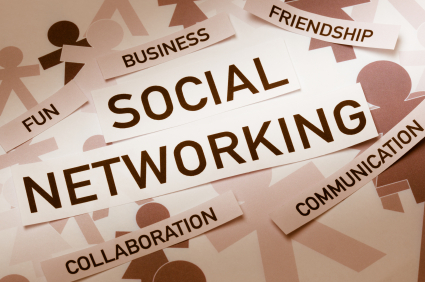Chances are if you walk through your local town centre today, you’ll see somebody accessing the internet on their smart phone. It’s almost become a second nature.
Gone are the days of simple WAP access, people are now using their phones to browse their favourite websites and even shop online. In fact, it’s reported that netbook sales are down 40% so is this a sign that smartphones and tablets are overtaking PC’s as peoples preferred browsing method?
So should you create a mobile version of your website? In short, yes, and here’s some reasons why.
Mobile internet use is growing rapidly
According to some figures mobile internet access is now at 8.09% of all UK website traffic (up from 0.02% in 2009) so whether you like it or not, people are going to access your website from a mobile browser.
It’s not that difficult to create a mobile version
Of course it depends on how your website was built in the first place, but if it’s not archaic then usually incorporating what’s needed to make your website mobile friendly isn’t too difficult and doesn’t require starting from scratch.
Most websites don’t work well on mobiles
The fact is, the majority of websites don’t well on mobiles, in fact some of them are impossible to use, so it’s a great way to steal a competitive advantage and get in early ahead of others in your industry. That said, if you run WordPress or another blogging platform, there are plugins that can make your site ‘mobile friendly’.

Mobile users have different intent
When people use the internet on their phones, they usually have a different intent to a user sat at a PC. It’s usually on the move, and they don’t have much time, meaning they’re looking for something to solve a problem fast. If you do a quick search on mobile conversion rates for ecommerce you’ll find they’re very high. So if you design your site to cater for those needs you’re onto a winner.
It’s way more important than having an app
Since mobile apps became the latest novelty, many businesses have wasted good time and money on developing their own mobile application, of course these apps have their uses, but for the majority of businesses they are a waste of money and wallow at the bottom of the app store.
A mobile website doesn’t require separate development for Android, iPhone, Blackberry and doesn’t need promoting via an app store so is clearly a better choice for getting a return on investment.
Mobile browsing is still very new
Even though lot’s of people are browsing the internet via mobiles, it’s still a relatively new concept, and one that realistically can only every grow upwards due to how technology is advancing. Historically early adopters are the ones that reap the reward, so why wait till everyone else is a step ahead of you?
What about you?
How many of you have optimised your site for mobiles or considered it? Do you think it’s more important for blogs to or ecommerce sites to opimise for mobile? Or is it equally important for both?

